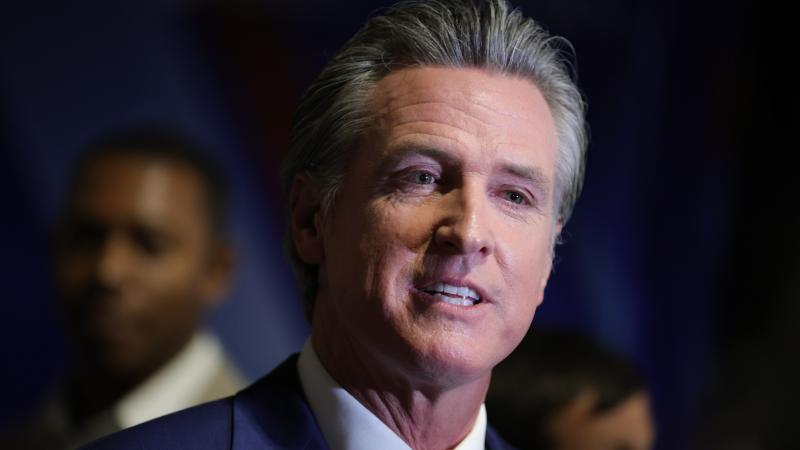New Hampshire says ‘RIP’ to final income tax
The interest and dividends tax was the last income-based tax on the books and was eliminated by Legislature.
New Hampshire Republicans and conservative groups are celebrating the end of the state’s tax on income from interest and dividends, which expired at the end of the year.
The end of the tax, which was previously approved by the state Legislature, effectively marked the end of New Hampshire's income tax system. New Hampshire is long known for having no broad-based personal income tax, but the interest and dividends tax was the last income-based tax on the books.
On New Year's Eve, Republican lawmakers and conservative tax watchdogs gathered to celebrate the end of the Interest and Dividends Tax, which has been years in the making. They vowed to push back on any efforts to resurrect the tax.
"This tax is dead in New Hampshire, and like all dead things it should stay dead, and not be resurrected to terrorize Granite Staters and lawmakers," Andrew Cline, president of the Josiah Bartlett Institute for Public Policy said in remarks alongside a mock coffin with the words RIP I and D Tax. “New Hampshire doesn’t need a reputation as a state where people are attacked by a zombie income tax."
In 2021, the GOP-controlled state Legislature approved the phaseout of the tax — which was paid mostly by the state’s wealthiest households — as part of the two-year state budget, cutting the rate from 5% to 4% in 2023 and down 3% in 2024.
Lawmakers accelerated the phaseout as part of the 2023 state budget, approving a plan to eliminate the tax as of Jan. 1, 2025. Taxpayers will still have to pay the levy on 2024 filings, but it will be the last time.
The Interest and Dividends Tax, approved in 1923, taxed dividends, distributions and interest from certain investments, with exemptions for interest and dividends earned by the most common retirement savings plans, including IRAs and other tax-deferred retirement plans, such as 401(k)s, as well as college savings plans.
Democrats argue that the end of the tax will increase funding gaps in coming budget cycles, creating shortfalls for public safety and other top spending priorities. They have pushed unsuccessfully to tweak the law to exempt more low-income households but staunchly opposed its repeal.
"New Hampshire already has the highest property taxes in the nation," House Democratic Leader Alexis Simpson, D-Exeter, said in a statement. "While regular people struggle with rising costs in housing, child care, health care, groceries and basics, we should not be celebrating tax policies that only benefit the wealthiest."
However, Republicans say the repeal of the tax makes New Hampshire a truly tax-free state and argue that while the levy was paid by mostly wealthy households, many retirees on fixed incomes ended up paying it.
The tax was a key issue in the recent gubernatorial race, with Democrat Joyce Craig saying she wanted to bring the income tax back and Republican Kelly Ayotte supporting its repeal. Ayotte won the governor's race with nearly 54% of the vote.
New Hampshire now joins Florida, Texas, Tennessee, Nevada, South Dakota, Washington, Wyoming and Alaska on the no-income-tax list, according to the group Americans for Tax Reform.
"New Hampshire’s abolition of the last vestiges of the state income tax is part of a nationwide competition among the 50 states to reduce taxes to encourage investment, new jobs and the movement of people, both younger Americans beginning their working lives and older Americans retiring," ATR President Grover Norquist said in a statement.















